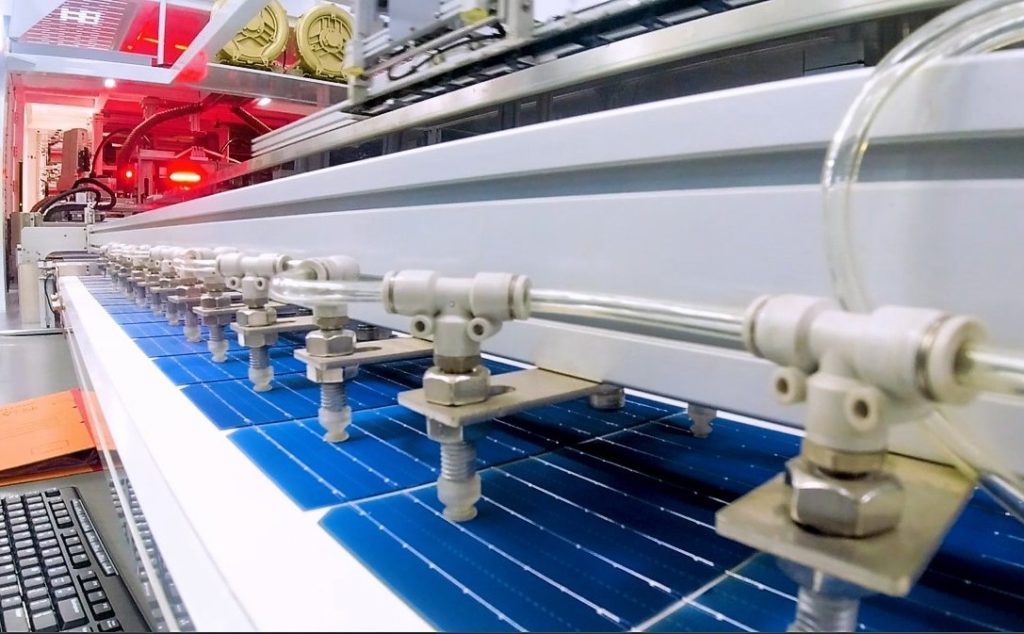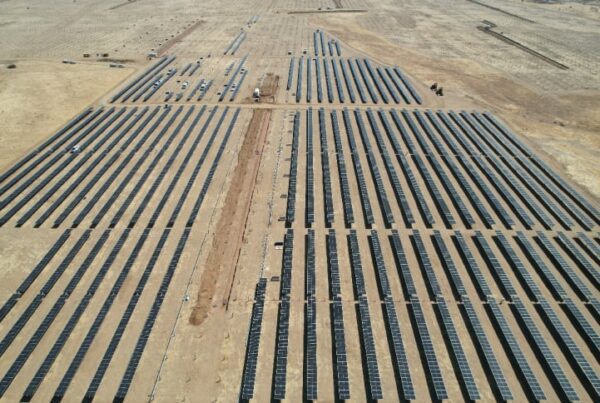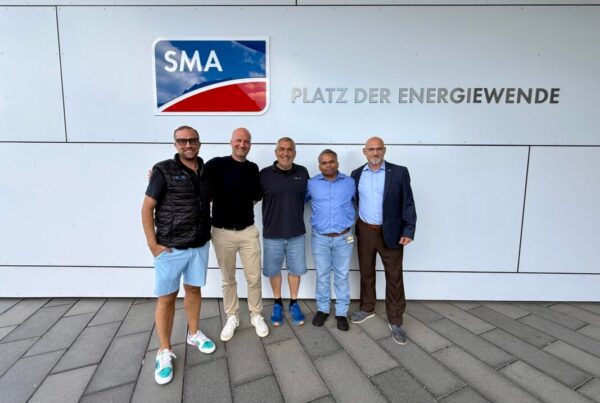
PV manufacturer Goldi Solar is planning to participate in India’s expanded production-linked incentive (PLI) programme as it bids to ramp up its module and cell production to 6GW and 5GW, respectively, by the end of 2025.
The Indian company is investing INR50 billion (US$615 million) as part of its expansion strategy, building on its launch last year of a 710Wp solar module based on heterojunction technology.
India’s PLI initiative aims to assist manufacturers set up integrated solar manufacturing plants in the country, helping them reach economies of scale while boosting exports.
Aiming to support 10GW of solar manufacturing, an initial PLI tender in 2021 was heavily oversubscribed, leading the government to provide a four-fold increase in funding for the scheme.
The second round intends to add 65GW of manufacturing capacity of fully and partially integrated solar PV modules, which the government expects will bring in direct investments of up to INR940 billion (US$11.6 billion).
“It is a very good initiative by the government,” said Bharat Bhut, director at Goldi Solar. “This will boost the manufacturing industry and it will help us to scale our capacity.”
With current module manufacturing capacity of 2.5GW at two sites in the Indian state of Gujarat, Goldi is now working on producing auxiliary products such as aluminium frames, junction boxes and backsheets to become more vertically integrated.
“In India, to run a gigawatt-scale factory, the current ecosystem is not sufficient to feed our factories,” Bhut said. “So, to make our supply in our control, we are investing into raw material supply chain.”
Among the main challenges that Goldi will face as it ramps up manufacturing, according to Bhut, will be process control and manpower issues. “The speed of expansion, the speed of putting up a factory will be higher after two years because we will have many available manpower resources to set up such kind of gigafactory.”
The company, which is also an independent power producer and EPC contractor, is now setting up a dedicated research and development team to accelerate the creation of high-efficiency modules.
India deployed 12.8GW of solar in 2022, according to new research from consultancy Fitch Solutions, which said it expects additions to fall to 9.5GW this year, in part due to the country’s basic customs duty (BCD) on imported cells (25%) and modules (40%).
With module supply constrained due to the BCD and the Approved List of Models and Manufacturers (ALMM) scheme, consultancy Bridge to India believes many solar projects will be shelved this year.
Hardip Singh, global head of sales and marketing at Goldi Solar, told PV Tech that PV manufacturers and investors in India need long-term stability. “What is creating apprehension in the minds of investors is that if they announce a BCD, whether the custom duty is going to stay for one year or two years or five years,” he said.





